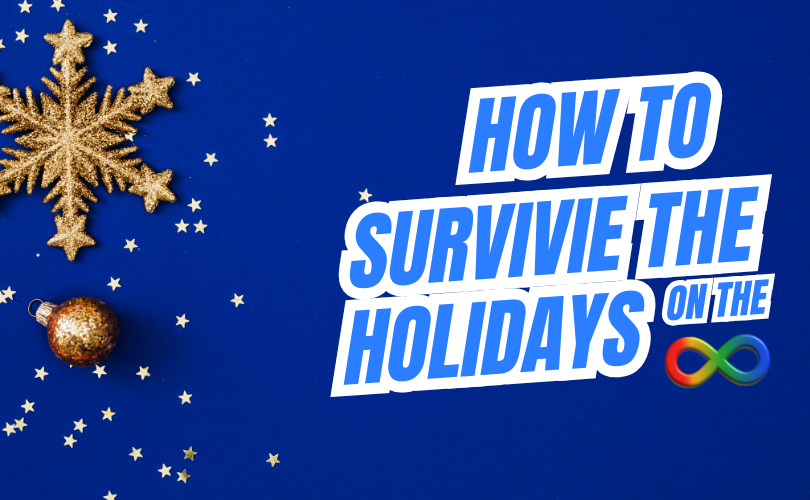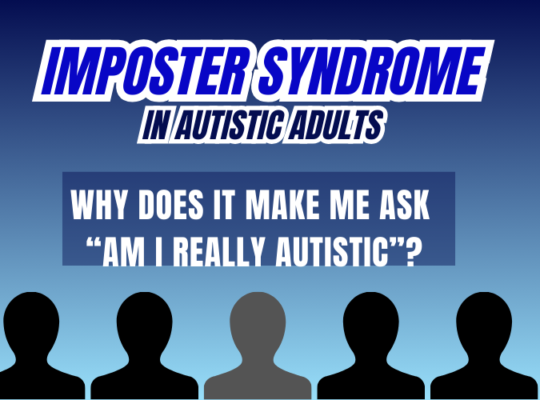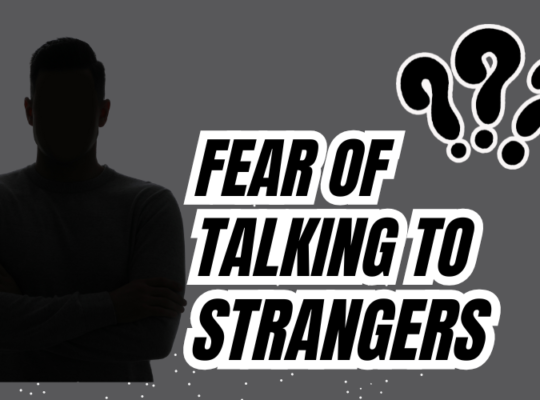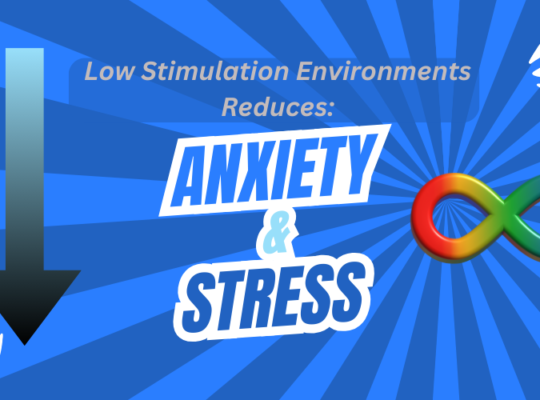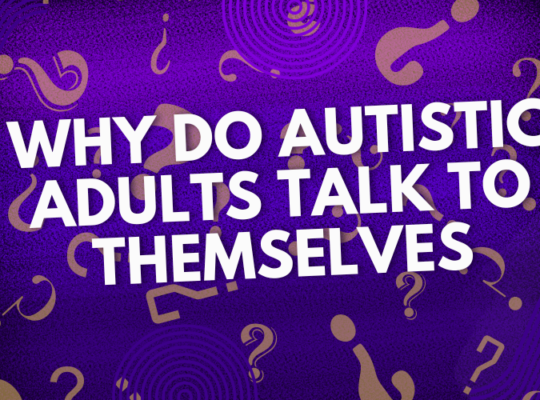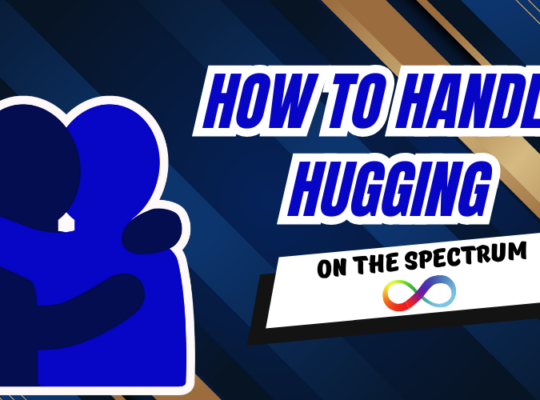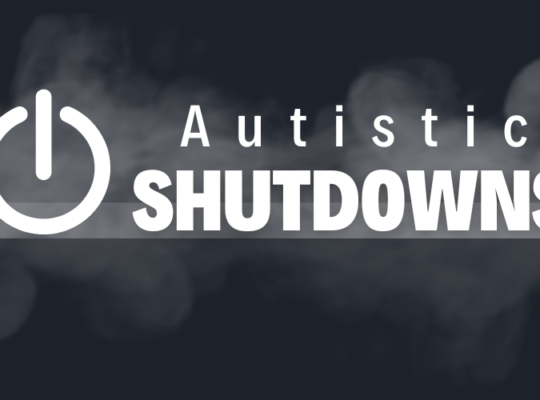If you are an Autistic adult, I do not need to tell you that the holidays can be very stressful.
The holiday stress often leads to heightened anxiety and difficulty managing the festive period.
Let’s start with the five contributing factors that cause the holidays to be stressful for us.
Sensory overload
For many of us on the spectrum, sensory overload may be a daily challenge. However it is ramped up by the bright lights, loud music, bustling crowds, and strong smells associated with the holiday season which can overwhelm our senses and push us into sensory overload faster, and/or more easily, than normal.
Routine disruption
With every holiday, regardless of it is Christmas, Thanksgiving, New Years, or Valentine’s day, our daily schedule is changed. For some holidays our schedule may be changed only by getting up at a different time, or eating different meals, eating out instead of eating at home, or a complete change from everything we normally do to a new and unfamiliar routine. Since we Autistic heavily rely on and thrive on our routines and predictability, any change can cause us significant stress.
Social Pressure
With most holidays there is an increase pressure on our social interaction skills and desires. These can range form having to spend more time with one person or being forced to interact with groups of others. Being expected to attend large gatherings with unfamiliar people in an unfamiliar environment for an undetermined amount of time can be overwhelming, especially when navigating social cues and expectations.
Anxiety and Stress
From all the sensory overload, disruptions to our routines and elimination of predictability in our lives, not to mention the additional social pressure we experience during any holiday, it is no surprise that these factors can trigger higher levels of anxiety in our lives.
Unfamiliar foods
During most holidays when we encounter either new dishes or dishes of food we know prepared differently that what we expect or are used to, our diet sensitive and preferences can be challenged – add on top of that the social expectation to eat what is served and fake liking it even if you do not like it contribute to the holidays being an unpleasant time for us on the spectrum.
Now that we have identified some of our holiday triggers, you may be wishing the holidays were over, or you may want to hide in a hole and pull the hole in with you until the holidays have passed, neither is a realistic plan.
Instead, let’s discuss six strategies we can use to make the holidays a bit more enjoyable by managing our stress.
Plan ahead
Before the holiday begins, and I am not talking the night before – you may want to do this at least a week before the holiday arrives – you should discuss the upcoming holiday plans with family, friends and anyone else involved in the festivities. During these conversations clear expectations should be set while you clearly set your boundaries.
Maintain routines
I know this may be hard, but do you best to maintain your routines to the best of your ability, When necessary, create some new routines for just the holidays. By creating new routines for the holidays you can provide yourself a little of the predictability many of us on the spectrum crave.
Sensory breaks
Be sure you incorporate into your holiday schedule and/or activities for some sensory breaks for yourself. You may, more likely will, need downtime to recharge during the holidays. The downtime can also help you self-regulate which in turn can help minimize if not eliminate shutdowns, meltdowns and accidently saying something inappropriate.
If you are away from home, when you arrive try to find a space you can “escape” to retreat if you need a quick getaway for a few minutes when sensory overload starts to occur.
Communicate your needs with others.
It is important for you to communicate your needs before the holidays begin because during the holidays things will be more hectic and if you are going into sensory overload, shutdown or meltdown, you will not be able to advocate for yourself and your needs or even communicate with others.
This does not mean you must reveal that you are Autistic, although I feel it is a good thing to share your Autism with others and it may provide you with a feeling of self-empowerment. You do need to politely explain your needs in advance to others. When sharing your needs in advance you may want to consider who you speak with. Either the host or organizer of the party, if you are your significant other are the organizers, share your needs with your partner, or share your needs with someone you feel comfortable with and who you could consider an ally.
Limit your exposure to events
Whenever possible, opt for smaller gatherings or shorter visits if necessary to manage sensory input.
Do not forget to consider support.
It is okay if you need help. There is no shame in asking for help. If NECESSARY, seek support form friends, family and allies during the events of the holidays and if needed, seek professional support from a therapist or counselor specializing in Austin in adults to develop coping strategies.

